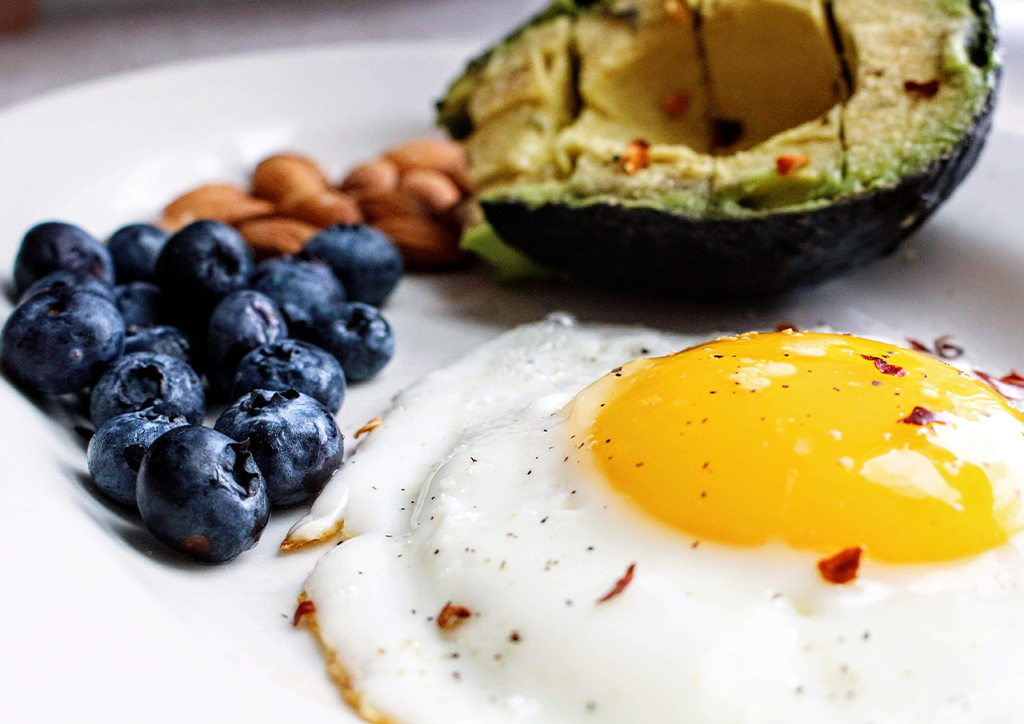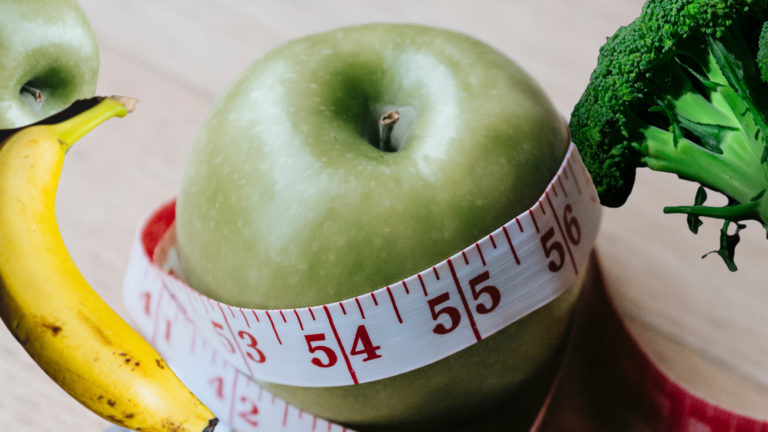Modern Homemakers
Here are the Pros and Cons of Popular Diets
For parents looking to change their diets and lifestyle, here’s a guide that breaks down each diet’s pros and cons.
The start of the year always inspires us to make positive changes in our lives. Most of us have probably included exercising more and going on a diet as part of our goals for the year. However, it’s important to first consult with a nutritionist to make sure that our bodies still get all the nutrients it needs. Additionally, we can ask these experts about what diet will work best for us. Here are some of the pros and cons of popular diets.

The Atkins Diet
The Atkins Diet is a well-known low-carbohydrate eating plan developed in the 1960s by a cardiologist named Robert C. Atkins. It restricts carbohydrates while focusing on protein and fats.
Pros of the Atkins Diet
It promotes weight loss and requires no calorie counting. According to some experts, the Atkins Diet also helps prevent cardiovascular diseases.
Cons of the Atkins Diet
However, the Atkins Diet can be difficult to maintain. It requires counting your net carbohydrate intake, too. Plus, depending on the person, it can come with certain risks such as dizziness, constipation, and fatigue.
The Zone Diet
This diet encourages you to eat a certain amount of protein, carbs, and fat at every meal in order to reduce inflammation in the body. The specific ratio is 40% carbs, 30% protein, and 30% fat. Proponents of the Zone Diet claim that once you reduce inflammation, you lose fat at the fastest rate possible, slow down aging, reduce the risk of chronic diseases, and improve performance.
Pros of the Zone Diet
One of the pros of the Zone Diet is the flexibility of food options. Moreover, it reduces diet-induced inflammation and lessens your cravings for processed carbohydrates such as pizza, pasta, and pastries.
Cons of the Zone Diet
On the flip side, it may lead to rapid weight gain when not sustained properly, and can be difficult to fit around certain lifestyles. The Zone Diet can also cause a lack of fiber that your body needs and requires calorie counting. Lastly, there is very little research when it comes to this diet.
The Ketogenic Diet
The Ketogenic or Keto Diet is a low-carb, high-fat diet that offers a number of health benefits. Some studies show that it can help you lose weight and improve your health. It may even have benefits against diabetes, cancer, epilepsy, and Alzheimer’s disease.
Pros of the Ketogenic Diet
The Keto Diet promotes weight loss in overweight or obese individuals and helps reduce seizures in pediatric patients with epilepsy. It lets you eat tastier food as well.
Cons of the Ketogenic Diet
However, this diet reduces the normal amount of vitamins, minerals, and fibers that you normally get from fresh fruits, legumes, vegetables, and whole grains. It may even have negative impacts on heart health due to the high-fat nature of the diet. Last but not least, it’s difficult to achieve because you’re either in ketosis or not at all. Ketosis is a metabolic state that occurs when your body burns fat for energy instead of glucose. The only way to tell if your body is in ketosis is through a blood test.

The Vegetarian Diet
A vegetarian diet typically focuses on plants for food. These include fruits, vegetables, dried beans and peas, grains, seeds, and nuts.
Pros of the Vegetarian Diet
This type of diet is good for heart health since plant-based foods tend to be lower in fat, sodium, and cholesterol, which means it has a positive effect on blood pressure.
Cons of the Vegetarian Diet
But on the downside, a vegetarian diet can lead to possible nutritional deficiencies because there are certain key nutrients generally found in animal foods that a vegetarian diet can’t give. Plus, a vegetarian label doesn’t necessarily mean healthy. There are many processed vegetarian foods that contain more fat, sodium, added sugar, and calories, too.
Intermittent Fasting
Intermittent Fasting (or IF) is an eating pattern where you limit your food consumption to certain hours of the day. Some research suggests that it may have benefits beyond weight loss—like improved brain and heart health.
Pros of Intermittent Fasting
IF promotes weight loss and improved body composition. Additionally, it can help with disease prevention and lower the risk of diabetes, high cholesterol, and high blood pressure. Lastly, it promotes healthy brain function and the rate of neurogenesis in the brain. Neurogenesis is the process by which new neurons are formed in the brain.
Cons of Intermittent Fasting
However, Intermittent Fasting can influence disordered eating patterns. Not to mention—skipping meals can cause headaches, dizziness, and nausea. In fact, it can still lead to weight gain due to feeling starved during the fasting period, then binge eating during the eating period.
The pros and cons of these diets can help you decide which is best for you
Again, apart from researching the pros and cons of popular diets, we highly recommend consulting with a nutritionist or your doctor just to make sure the diet can still meet your body’s needs.
Read more health-related stories on Modern Parenting:
5 Places to Buy Healthy Food and Snacks for Your Kids
How Danika Nemis and Luke Landrigan Are Raising A Vegan Kid
5 Simple Life Hacks For Healthy Living





